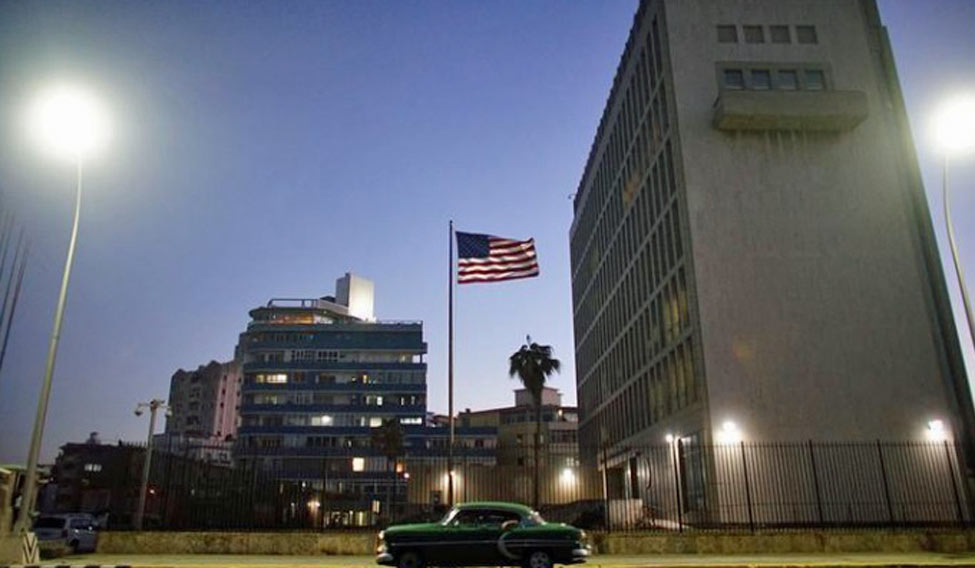The US has recorded a significant reduction in "irregular migration" from Cuba since the end of a longstanding migration policy in January, the State Department has announced.
From fiscal year 2016 to 2017, apprehensions of Cuban migrants at US ports of entry decreased by 64 per cent, while maritime interdictions of Cuban migrants decreased by 71 per cent, the department revealed on December 11.
The dramatic drop followed the annulment of the "wet-foot/dry-foot" policy in January, a special immigration policy that granted residency to Cubans who arrived in the US without visas, reported the media.
The outdated law, which had been in place for more than 20 years, is one of the Cold War-era policies that persisted despite the restoration of diplomatic relations between the two countries.
US and Cuban officials discussed the significant drop of irregular migration in biannual migration talks held in Washington on December 11.
During their talks, the US side also announced it has fulfilled the commitment to issuing a minimum of 20,000 documents to facilitate legal migration in the fiscal year of 2017, a goal set in a bilateral migration accord.
Former US President Barack Obama and Cuban leader Raul Castro announced on December 17, 2014, that the two countries would normalise relations after more than half a century.
The two former Cold War foes re-established diplomatic relations in 2015.
MIGRATION
US records plunge of 'irregular migration' from Cuba
 U.S. Embassy in Havana, Cuba | Reuters
U.S. Embassy in Havana, Cuba | Reuters
This browser settings will not support to add bookmarks programmatically. Please press Ctrl+D or change settings to bookmark this page.




